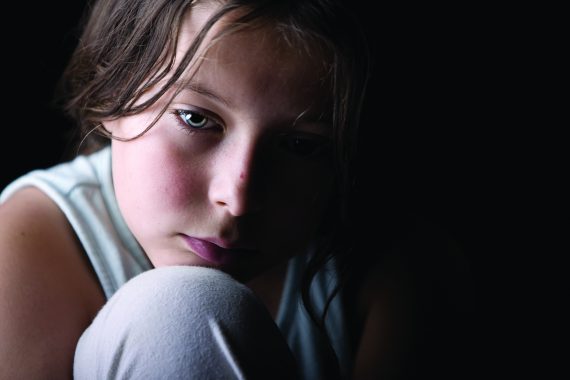EXCLUSIVE GPs are facing increasing difficulties in getting their child referrals accepted by NHS mental health trusts in England unless their patients are severely mentally unwell, a Pulse investigation reveals.
A Pulse analysis of data on referral criteria used by 29 NHS mental health trusts in England (out of 56) has found a third only accept patients with ‘severe/significant’ conditions for specialist child and adolescent mental health services (CAMHS).
Just one in five NHS mental health trusts accept referrals for children with all severities of mental health conditions, according to the data Pulse collected through Freedom of Information (FOI) requests (see table, below.)
Meanwhile, a Pulse survey of 935 GPs found nearly 30% said criteria for CAMHS referrals have become stricter in the past year.
GPs have warned children are being forced to wait until their condition escalates before being seen by a specialist and that the strict referral requirements reflect the lack of resources to deal with spiralling demand.
In some cases patients have to attempt suicide in order for their referral to be accepted by specialist CAMHS, according to GPs who spoke to Pulse as part of the investigation.
The lack of NHS specialist treatment on offer means mentally unwell children are often told to seek help from charities instead, but these services largely do not have doctors in place, instead offering counsellors.
This is at a time when referrals for children’s mental health services are rising – up by 18% between 2017/18 and 2018/19, according to NHS Digital data.
BMA GP Committee chair Dr Richard Vautrey said tighter referral requirements are being used to manage demand.
He said: ‘As with all other areas of the NHS, specialist children’s mental health services are under growing pressure with insufficient resources to cope.
‘The use of increasingly strict referral criteria to help manage this demand can mean that only the sickest patients are getting the care they need.
‘This in turn means many young people with less severe – but still serious nonetheless – issues are not getting access to the specialist care their GP believes they need, or are having to wait until their condition worsens before they are seen by a specialist.’
He added: ‘This delay is distressing for the young person and their families and can cause problems for the GP, who struggles to provide adequate support because of a lack of alternative local options.”
An NHS England spokesperson said: ‘The NHS is ahead of its target on ensuring as many children as possible receive mental health care, and the long-term plan commits to ensuring an extra 345,000 children and young people get the care they need by 2023, backed by extra funding of £2bn.’
Pulse July survey
Take our July 2025 survey to potentially win £1.000 worth of tokens












